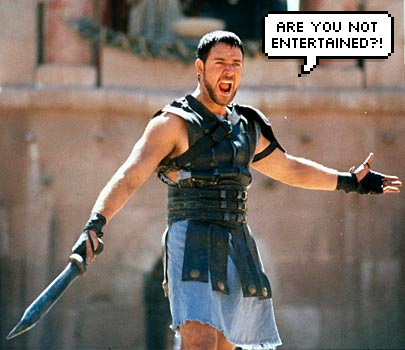For the TD:LR crowd – how do you know you are in conflict, and think about what you really want and what they really want.
In my leadership class we learned about conflict this week. And I learned an interesting question.
What are your physiological responses you have in conflict?
If you don't know your in conflict, you can't manage it. Do your palms get sweaty, or does your heart race? Does your face turn purple and you start yelling?
Analyzing my conflict management skills, I found that I get tense and excited when I am in conflict. I usually avoid conflict, but when I really am invested in the outcome, or it is important to me I dive in. I get tense and excited because I know that this is a tipping point. The outcome of this decision can influence the future in various degrees.
So now that you know your responses, you can recognize when you are feeling conflict and you can manage it. Here are some steps to go through to proactively manage your thoughts and emotions in a productive way to manage and solve your conflict.
1. Think about the outcome you want, and what the opposite party wants.
What do you want/think should happen. What does the other person want and think should happen. Don't look at just the surface level. If you can't agree on what movie to watch don't stop at "They want Bambi and I want Inception." Look deeper. Maybe they don't really want Bambi, they want a calming movie. You want a thinking movie. Which moves us to the second point.
2. Think about compromising.
Do you NEED to have your outcome? Think about the best case and worst case scenario. Then think about…
3. Collaborate
4. Determine if you are conflicting or competing.Maybe you can work together and get to a better outcome than either of you had planned. You want a thinking movie. She wants a happy movie. What about both? A quick Google search could indicate you should watch Hugo!
Sometimes you need to take a step back and think about what is actually happening. Are you in conflict because you can't agree, or are you competing because you don't want to agree? Sometimes conflict can be exciting and we get caught in the trap of prolonging conflict because we find it interesting and or exciting. In life, sometime we have to compete against other players, in business and sports for example, but these competitions don't have to turn into conflict. Be careful that you know what you are doing, and why you are doing it.
ps – Movie links are affiliate.

<html><head></head><body bgcolor="#FFFFFF"><div>Thanks Brynn. Once had a group take 1/2 hour. :)<br></div><div><br></div></body></html>